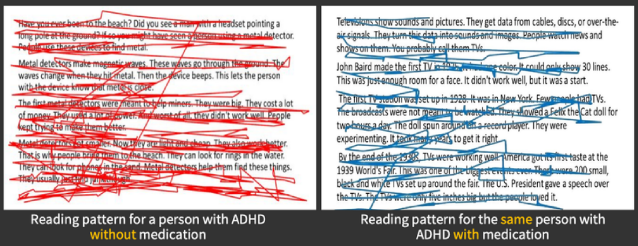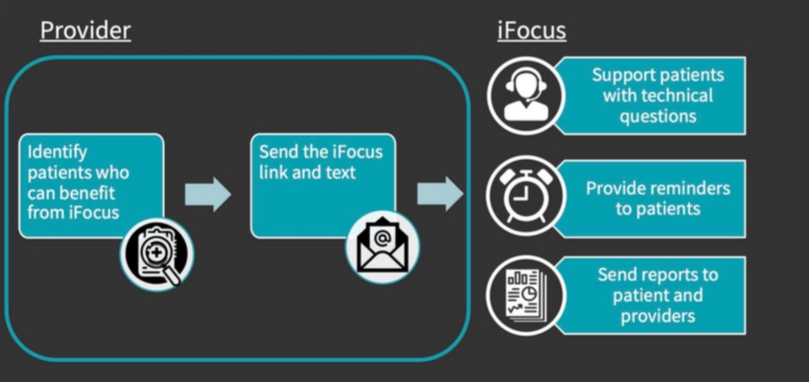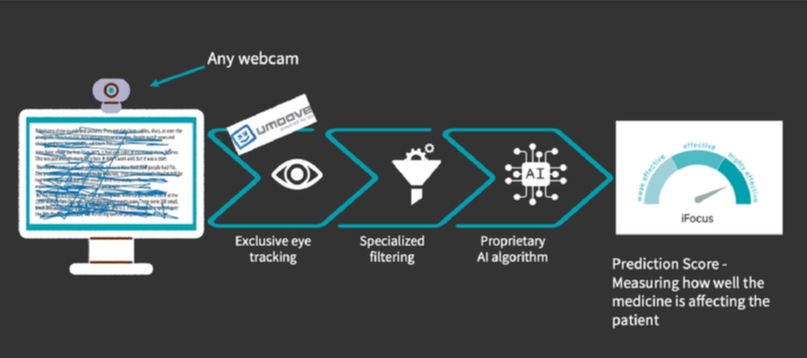HITLAB Team • February 25, 2025
The ADHD Treatment Gap: From Subjectivity to Data-Driven Care
The healthcare system is designed around objective lab tests for physical health, but mental health lacks similar standardized tools. This absence of objective measures makes ADHD diagnosis and treatment highly subjective, relying on inconsistent self-reports and parental feedback. As a result, finding the right treatment is a lengthy, trial-and-error process with no clear, data-driven method for determining effectiveness.
ADHD management is further complicated by a shortage of specialists, forcing primary care physicians and pediatricians—who often lack the time and training for comprehensive evaluations—to oversee treatment. This leads to frustration for both clinicians and patients, as well as delays in optimizing care. Without reliable data to track progress, patients experience inconsistent treatment outcomes, while the inefficiencies strain an already overburdened mental health system, increasing costs and limiting access to quality care.
What Is iFocus Health & How It Is Helping?

How it works


iFocus is designed specifically for users with ADHD, focusing on creating an accessible and effective platform for a broad range of individuals, not just highly educated or young professionals. By bridging the gap between subjective experiences and objective data, iFocus enhances ADHD management, delivering meaningful insights for both patients and clinicians.
The platform’s design was intentionally streamlined to accommodate users’ needs, limiting excessive statistical data and providing a simple, focused experience. The report patients see is limited to ensure clarity and ease of use. However, clinicians are offered the opportunity to receive a more detailed report, providing them with deeper insights to guide their care.
Evaluation of the iFocus Platform
Methodology
HITLAB experts conducted a heuristic evaluation of the platform using Jakob Nielsen’s usability principles, a widely recognized framework for assessing user interface design.
The evaluation examined the typical user experience from the perspectives of three ADHD patient types:
- An adult newly diagnosed ADHD patient.
- A teenager suffering from ADHD.
- A long-term ADHD patient seeking medication adjustments for improved symptom management.
Findings
Strengths: HITLAB identified several strengths of the iFocus platform. The platform scores high in having andmaintaining a consistent and well-organized structure across the different pages of the platform, being majorly error free and in having a dedicated “Help” section with a searchable FAQ, social media pages of the company and contact details of the developer. The platform thinks a step ahead and provides a detailed log of all activities of a user. There isstatistical data also provided for a user to gain insights into their sessions and how different medications fare for the user. This has huge benefits as it allows a user to be independent and private in gaining foundational understanding of what is working for them and what is not. There are options for the user to connect with a clinician as well to discuss the results.
Recommendations: HITLAB experts made several recommendations that will have high impact on the app’s usability and functionality. Most importantly, while the app does a commendable job at integrating different data and its findings on the same page, the overall page design and aesthetics can be re-structured for an improved user experience. Any activity that is undertaken or performed should have details of date and time for improved understanding of a user’s progress and record-keeping purposes. For improved usability, there should be clearly marked exit routes from a given page. iFocus provides user results in the form of a report, HITLAB strongly recommends that the data in this report be presented in a more clear and detailed manner. Recommendations that will aid low and medium impact on the app’s usability and functionality include allowing zoom in and out options on pages, and providing search feature where data presented is in the form of lists.
Future Potential & Key Takeaways
iFocus represents a promising advancement in ADHD management, addressing the critical need for objective treatment monitoring. By providing real-time, data-driven insights, the platform has the potential to improve treatment personalization and patient outcomes. However, usability plays a crucial role in adoption and effectiveness. Implementing HITLAB’s recommended improvements will enhance the platform’s user experience, making it even more valuable to both clinicians and patients.
“Innovative digital solutions like iFocus have the potential to transform ADHD management by bridging the gap between subjective experiences and objective data. It seems more mature than the products of many other companies at this stage. Our heuristic evaluation highlights critical usability improvements that will help refine the platform and ensure it delivers meaningful, patient-centered outcomes.” — Stan Kachnowski, Chair, HITLAB
By refining its usability and optimizing the presentation of insights, iFocus can maximize its impact, providing a more seamless and effective solution for ADHD care.
Share the article!:


